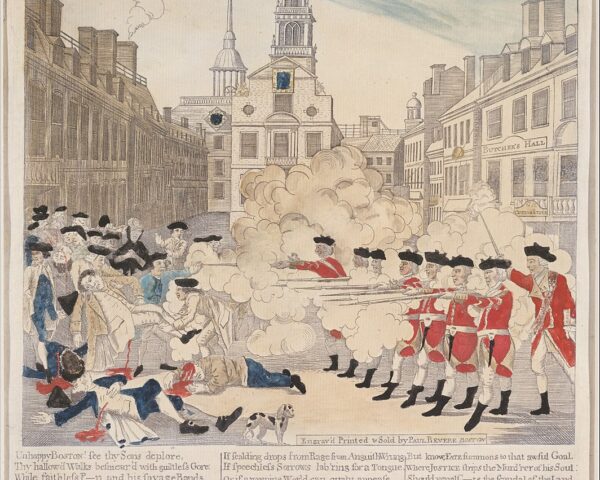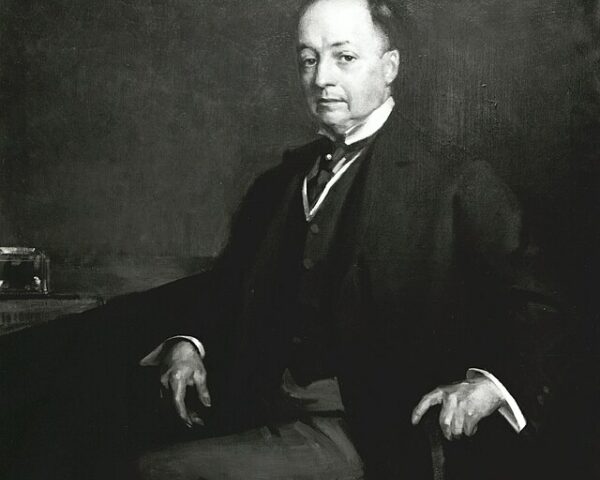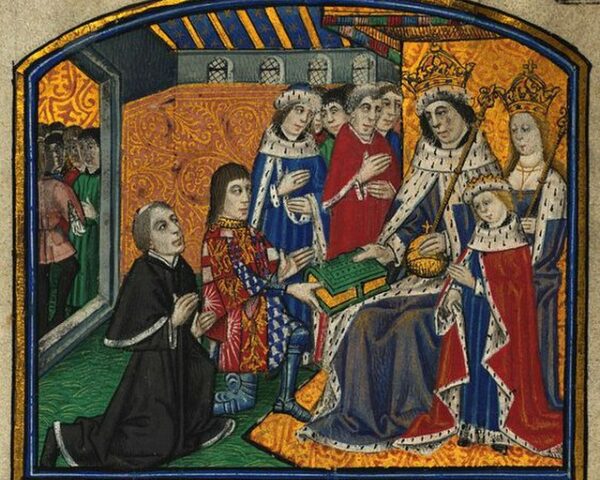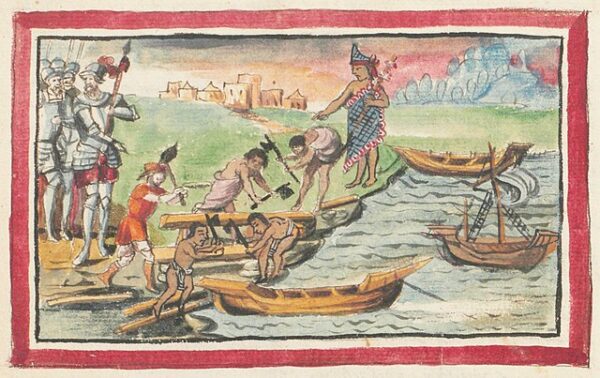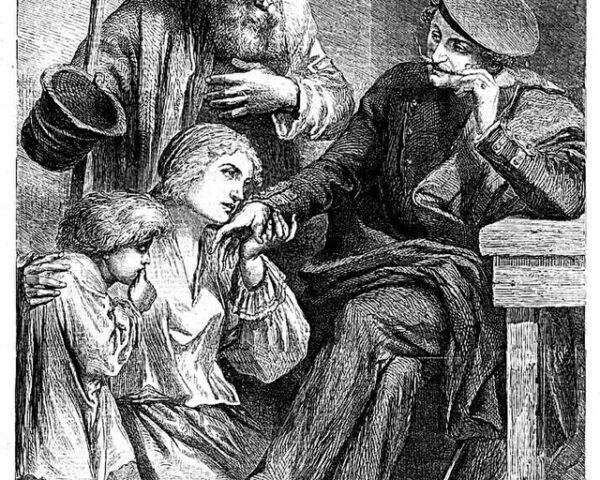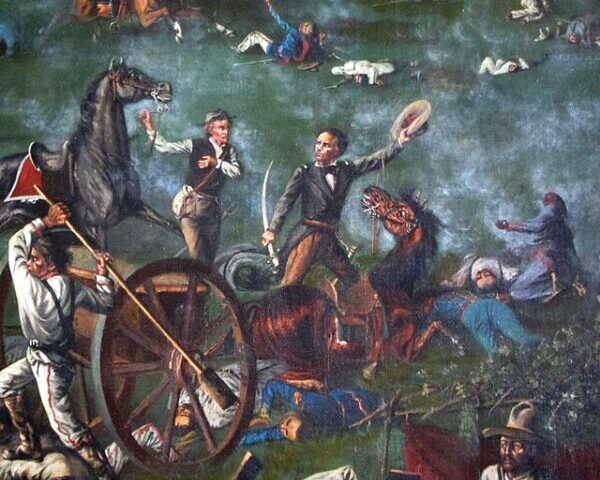March 5, 1963: Country Music’s Darkest Day
On the evening of March 5, 1963, country music lost three of its brightest voices in a tragedy that stunned the industry and sent shockwaves through the American South. A small Piper PA-24 Comanche aircraft carrying three celebrated performers—Patsy Cline, Hawkshaw Hawkins, and Cowboy…




